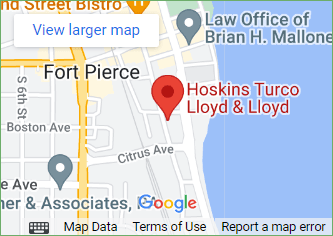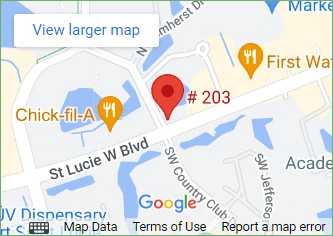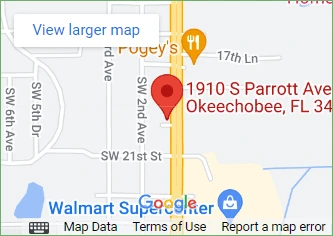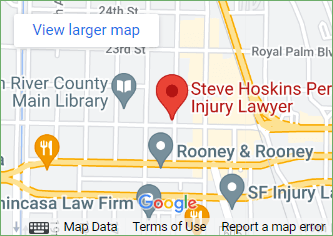People apply for Social Security Disability (SSD) benefits for a multitude of reasons, all centered around the fundamental need for monetary support during times of physical or mental incapacity. Disability can profoundly disrupt one’s ability to earn a living, threatening financial stability and independence. Without assistance, individuals grappling with disabilities might face insurmountable challenges in meeting basic needs such as housing, healthcare, and sustenance.
However, navigating the SSD system can be complex and daunting. Understanding how the Social Security Administration (SSA) determines disability eligibility is crucial for those seeking financial assistance and support. In this blog post, our disability attorneys break down the key factors and criteria that the SSA considers when evaluating disability claims.
To be eligible for SSD benefits, you must meet the following criteria:
Before you apply for SSD benefits, you must first confirm that you have a disability as recognized by the SSA. The criteria listed below follow a general framework for how the SSA determines disability eligibility. However, if you have questions about your SSD eligibility or need help applying for benefits, the best thing you can do is contact our experienced disability attorneys for a free consultation. Call 866-930-6435 now to schedule a complimentary meeting with our disability attorneys.
You must meet the SSA’s definition of disability.
To qualify for SSD benefits, individuals must meet the SSA’s definition of disability, which is strict and specific. According to the SSA, a person is considered disabled if they have a medical condition that prevents them from engaging in substantial gainful activity (SGA) and is expected to last for at least 12 months or result in death. This definition emphasizes both the severity of the impairment and its impact on the individual’s ability to work.
You must provide medical evidence documenting your disability.
At the core of the SSA’s evaluation process is the presentation of medical evidence documenting the applicant’s condition. The SSA reviews medical records, including diagnoses, treatment history, laboratory findings, and imaging results, to assess the severity of the impairment. The key question is whether the disability prevents the individual from engaging in substantial gainful activity (SGA), which refers to work that generates a certain level of income.
Your disability must be considered “severe” by the SSA.
The SSA evaluates the severity of the applicant’s impairment(s) based on their ability to perform basic work activities, such as sitting, standing, walking, lifting, and concentrating. If the impairment(s) significantly limit the applicant’s ability to perform these activities, they may be deemed disabled. The SSA considers the duration, frequency, and persistence of symptoms, as well as the effectiveness of medical treatments and interventions, in assessing the severity of the impairment(s).
You must have a disability on the official “Listing of Impairments”.
The SSA maintains a comprehensive list of medical conditions, known as the Listing of Impairments, that may automatically qualify individuals for disability benefits if their condition(s) meets or equals the criteria outlined in the listings. These listings cover a wide range of physical and mental impairments, organized by body system, and specify the severity and duration of impairment required for eligibility. Meeting a listing can streamline the disability determination process for applicants with particularly severe impairments.
However, if your condition does not appear on the Listing of Impairments, but you believe you still qualify for disability benefits, contact our disability attorneys. We have helped several individuals get the benefits they need even though their condition was not on the official Listing of Impairments.
Have questions about your disability eligibility for SSD benefits?
Call 866-930-6435 for a free consultation with our disability attorneys.
If you are filing for Social Security Disability and have questions about your disability eligibility or your initial application was denied, call our attorneys for a free consultation. Our experienced Social Security Disability attorneys are here to help you get the benefits you deserve. Here’s how we can help:
- We can help you navigate the application process.
- We can help you appeal a denied SSDI claim.
- We can help you get the full monetary for the benefits you deserve.
Take the first step. Schedule a free consultation with one of our Social Security Disability attorneys today. Call 866-930-6435 now.








